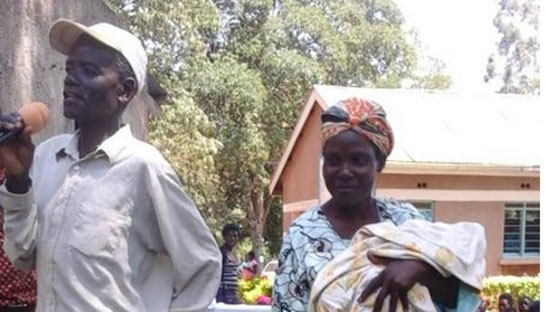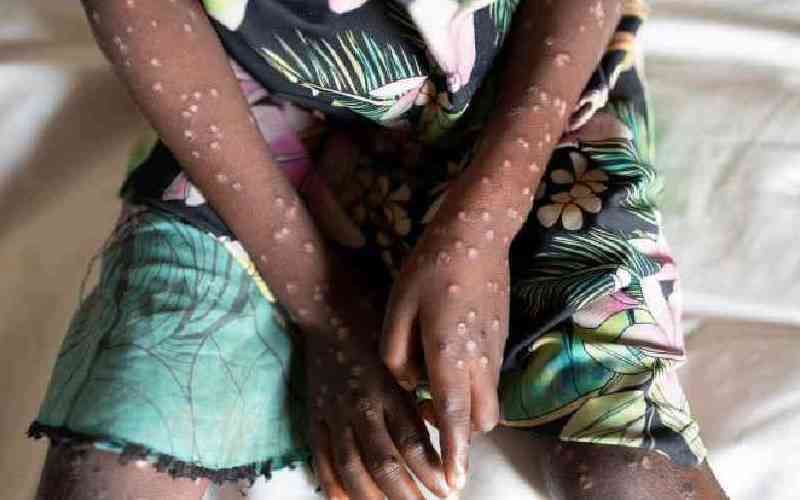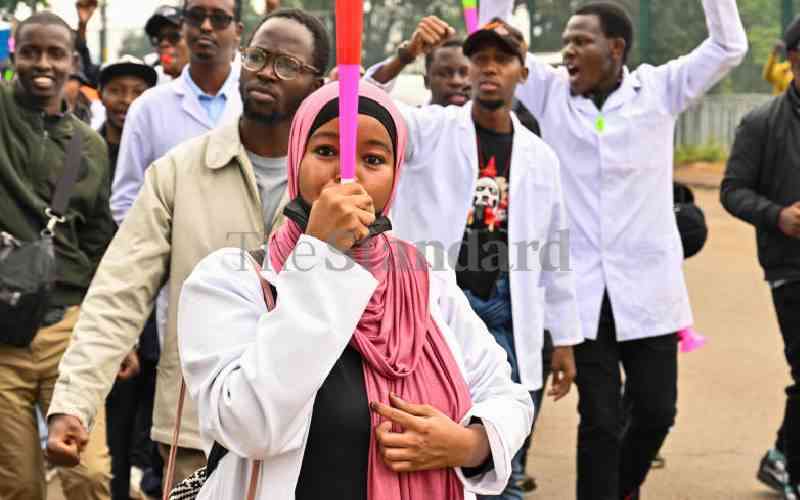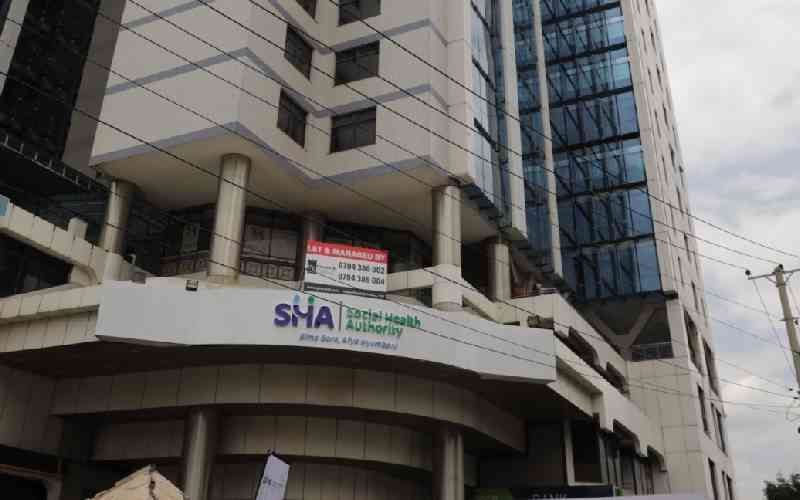
BUTERE, KENYA: Six years ago, Everlyne Obare went into early labour and had a preterm delivery at just six months of pregnancy.
Beatrice Agoch, the second born in the family of four would survive without being put in an incubator.
The mother who had delivered at the Shikunga Health Centre in Butere, Kakamega County was advised on kangaroo mother care which is recommended especially where there is constraint of facilities.
Kangaroo mother care is described as the practice of providing continuous skin-to-skin contact between mother and baby, exclusive breastfeeding, and early discharge from hospital. It is mainly used for babies born prematurely before their due date, usually babies born before 37 weeks of pregnancy – this roughly translates to about six months of pregnancy.
According to World Health Organisation (WHO), it is estimated that 15 million babies are born preterm and the number seems to be rising. Most of these babies are born in Sub-Sahara Africa and South-Asia.
Mrs Obare was back at the facility where she delivered the girl who is now in pre-primary school during a recent day maternal health day organized by World Vision Kenya at Shikunga Health Centre.
"I gave birth at only six months of pregnancy and I was advised to undertake kangaroo care which I did and I would express milk and give it to the baby at home," she narrated.
In Kenya about 193,000 children are born preterm each year with 13,300 dying before the age of five due to preterm complications according to government statistics.
WHO notes that "Globally, prematurity is the leading cause of death in children under the age of five. And in almost all countries with reliable data, preterm birth rates are increasing."
For a facility that did not have an incubator, Mrs Obare had no option but to resort to kangaroo care which has been acclaimed as one of the best ways to bring up preterm babies.
But some improvement has been witnessed at the health centre which now serves as a model facility in the county but which health officials say are just but a drop in the ocean. For instance, the facility still has an improvised waiting bay with just one maternity room and four wards.
In case of another preterm birth, the mothers will still go for kangaroo care due to lack of enough incubation facilities.
But to avoid such cases and improve maternal care, the facility partnered with World Vision to train facility staff with an aim of reducing maternal and neonatal deaths.
According to Beverly Kedogo of World Vision, the partnership includes training of four facility staff and respectful maternity care toolkit.
"Training of 30 community health volunteers and four healthcare workers on community maternal and new born health module is one of the areas we are focusing on," says Kedogo.
The partnership will also include the initiation of two dialogue days conducted on maternal and new born health, a move meant to create closeness between health workers.
And indications are that these interventions are bearing fruit. Reginatta Aroko, the Butere Sub County public health nurse, the sub-county recorded only one maternal death which was in February last year and none has been recorded so far.
"We are seeing more than two thirds of deliveries being done in health facilities which have helped reduce these deaths to an almost negligible level," says Aroko.
Shikunga has an average of 26 deliveries each month with 32 first antenatal clinic visit and 20 fourth antenatal clinic visit. The success can is partly attributed to the work being done by community health volunteers whose work is majorly grassroots mobilization on health matters.
Kedogo calls them the most important link between the facility and the community in which they operate.
 The Standard Group Plc is a multi-media organization with investments in media platforms spanning newspaper print
operations, television, radio broadcasting, digital and online services. The Standard Group is recognized as a
leading multi-media house in Kenya with a key influence in matters of national and international interest.
The Standard Group Plc is a multi-media organization with investments in media platforms spanning newspaper print
operations, television, radio broadcasting, digital and online services. The Standard Group is recognized as a
leading multi-media house in Kenya with a key influence in matters of national and international interest.











